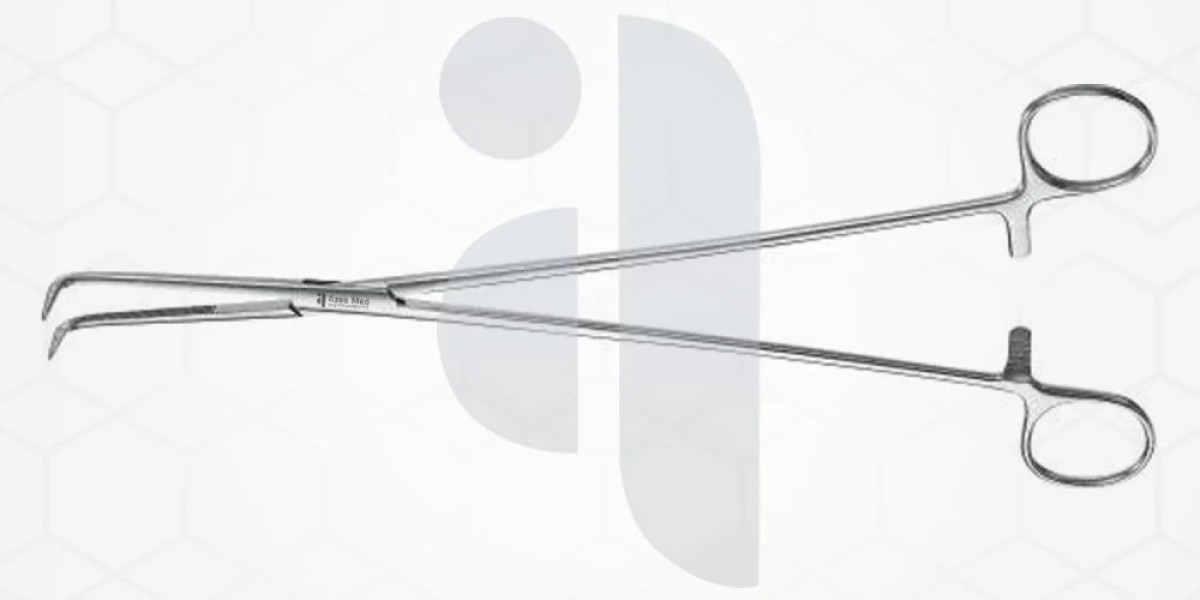Surgical instruments are the backbone of any successful operation, especially in the field of general surgery. These tools, crafted with precision and durability, play a critical role in ensuring the safety and effectiveness of surgical procedures. Understanding their purpose, design, and use is essential not only for healthcare professionals but also for patients who wish to gain insight into how modern surgical practices are conducted.
The Role of Surgical Instruments in General Surgery
Surgical instruments for general surgery encompasses a broad range of procedures, from appendectomies to soft tissue repairs. Each operation requires specific instruments to perform tasks such as cutting, dissecting, grasping, or suturing tissues. These tools are meticulously designed to meet the exacting standards of accuracy, hygiene, and ease of use that the medical field demands. Instruments used in general surgery are not only tools but extensions of the surgeon's capabilities. They allow precise manipulation of tissues, ensuring minimal trauma and promoting faster healing.
Commonly Used Surgical Instruments in General Surgery
A wide variety of surgical instruments are employed in general surgery, each serving a distinct purpose. Scalpels, for instance, are indispensable for making clean incisions. Forceps and clamps are used to manipulate or hold tissues securely during an operation. Retractors help to keep surgical sites open, providing the surgeon with a clear view and access. Scissors are designed for tissue dissection, while needle holders are used to facilitate suturing. Each of these tools, though simple in appearance, is the result of years of refinement and expertise aimed at ensuring the best surgical outcomes.
The Importance of Quality and Maintenance
The effectiveness of surgical instruments heavily depends on their quality and upkeep. High-quality instruments are typically made from stainless steel or other robust materials that resist corrosion and maintain their sharpness over time. Proper sterilization and maintenance are critical to prevent infections and ensure their longevity. Any compromise in the condition of these instruments can have serious consequences, affecting the precision of a procedure and the safety of the patient.
Innovations and Advancements in Surgical Instruments
Advancements in medical technology have revolutionized surgical instruments, making them more efficient and user-friendly. Laparoscopic and minimally invasive surgery, for example, rely on specialized tools such as trocars, laparoscopes, and endoscopic scissors. These innovations have allowed surgeons to perform complex operations with smaller incisions, reducing recovery times and improving patient outcomes. The integration of robotics and smart technologies is also becoming increasingly common, providing surgeons with enhanced dexterity and precision.
The Patient Perspective
While patients may not directly interact with surgical instruments, their importance cannot be overstated. Surgical teams meticulously select and utilize these tools to ensure that each procedure is conducted with the utmost care. Understanding the tools used can provide patients with greater confidence in the surgical process and inspire trust in their medical teams.
Conclusion
Surgical instruments are an integral part of general surgery, facilitating a wide range of procedures that save lives and improve health outcomes. From their precise design to their role in advancing medical techniques, these tools exemplify the fusion of craftsmanship and modern innovation. For both surgeons and patients, the availability of high-quality surgical instruments ensures that every operation adheres to the highest standards of safety and efficiency. Their continued development and proper use will undoubtedly remain pivotal in the progression of medical science.







